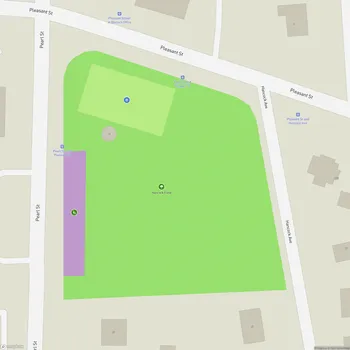D.W. Field Park
D.W. Field Park Map
About D.W. Field Park in Brockton
D.W. Field Park, spanning approximately 650 acres, is a historic municipal park located in Brockton and Avon, Massachusetts. Established in 1925 as a bequest from local businessman Daniel W. Field, the park's design incorporates both natural and man-made elements. The park's landscape features a chain of seven water bodies—most of which are artificial—originally constructed for agricultural and industrial purposes. These include Cross Pond, the oldest, created in the 1790s, and Waldo Lake, added in the 1930s as part of the park's design. The waterways are connected by Beaver Brook, enhancing the park’s ecological diversity.
The park is centered around a scenic six-mile roadway that loops through its fields, woodlands, and water features. This road doubles as a recreational space for walking, biking, and driving. Alongside its natural attractions, the park boasts significant structures like the 60-foot fieldstone Observation Tower built in 1928 on Tower Hill (formerly known as Indian Cave Hill). This tower offers panoramic views of the area, including Boston's skyline on clear days. Other notable landmarks include the Brockton Reservoir gatehouse, constructed in the 1880s, and the adjacent eighteen-hole D.W. Field Golf Course.
D.W. Field Park is a treasure for both active recreation and quiet reflection. Visitors can engage in walking, jogging, and cycling along paved and unpaved trails, or spend time birdwatching and fishing. While there is no formal network of pedestrian pathways, the circuit road and strategically placed parking areas provide access to key features. The park’s layout, however, has faced some environmental wear over decades of use, with ongoing efforts to restore its infrastructure and maintain its habitat integrity. The park is open daily, with gates accessible to vehicles after 10:00 am on weekdays and 12:00 pm on weekends and holidays. One highlight is the annual TowerFest held in October, during which the Tower is officially opened to the public.
Listed on the National Register of Historic Places in 2000, D.W. Field Park continues to serve as a vital green space for urban communities, balancing historical significance with ecological and recreational value.
